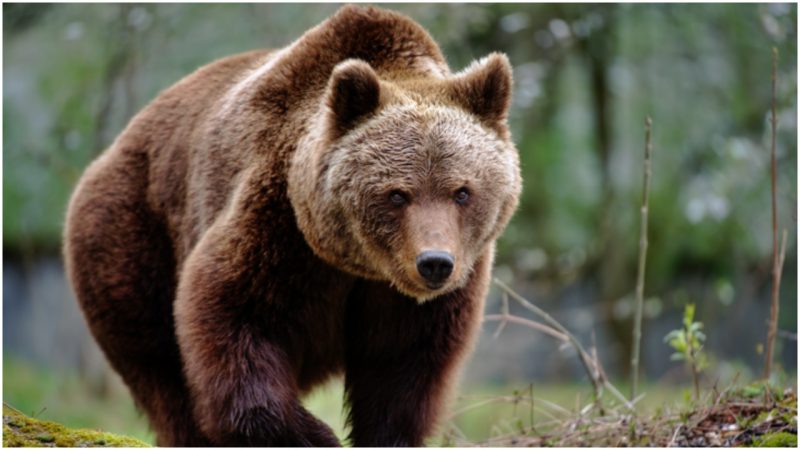A euphemism is a word or phrase to replace one that the speaker wants to avoid saying. It could be “croaked” or “pushing up daisies” to signify the passing of a loved one, or “prosperous” to denote being heavy-set.
They don’t always have to be employed for sensitive subjects, though. The word itself is a euphemism. The ancient Greeks used the word to mean “to keep a holy silence,” eu- meaning “good” and -pheme meaning “speaking.”
In pagan times especially, superstitious people would be wary of evoking bad luck as well as a specific wrong-doer. One such fearsome creature was the bear. Or rather, what we call a bear.
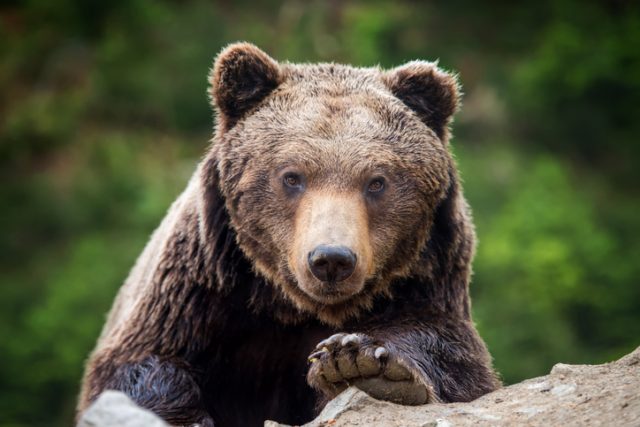
In fact, bear is not the actual name for the big, furry mammal that populates the northern regions of the world. The word comes from several different Germanic roots, including the Swedish björn and the Dutch bruin, all meaning “the brown one.” Even though we are lead to assume that these peoples had yet to come across a polar bear, we can’t help but ask: why “the brown one”? And what was its original name?
We may never know the answer to the second question. Although some people will argue that the animal we identify as a bear has always had a name, even before our modern versions of Germanic languages, it does explain the word bear.
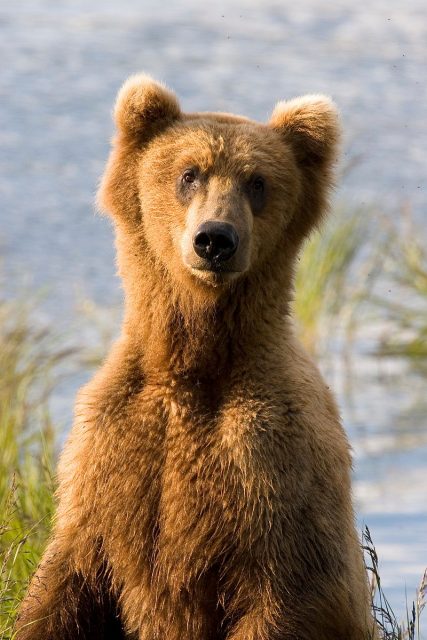
In Latin, the creature’s name is ursus, from which the French derived the word “ours” (along with Italian orso and Portuguese urso) . In ancient Greek, it’s arktos, from which modern English got the word arctic. Neither of these link to or explain bear (or björn or bruin). They do explain a potential cultural difference, though. The Greeks and Latins didn’t seem to fear the bear, since they didn’t have a euphemism for it.
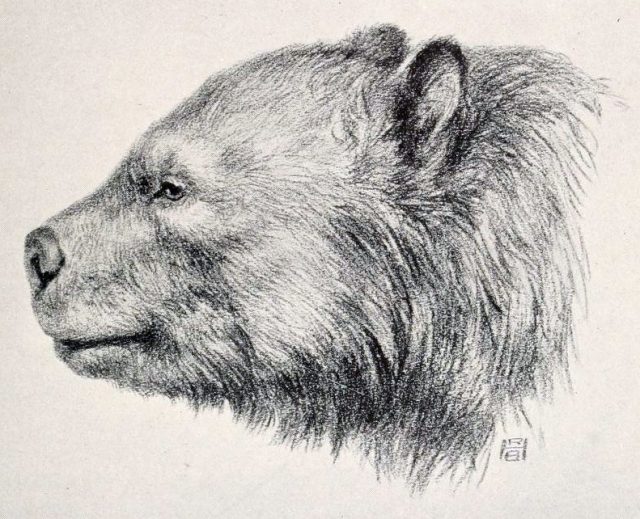
People of Germanic-rooted languages, did, however. They avoided using the animal’s actual name, hence why they color-coded it. Why was the bear a taboo, though? It’s hard to say, but there are many logical guesses. Perhaps hunters looking for big game didn’t want to use its name and scare the creature away, just like actors and the word luck.
Related Video: Old Forgotten English Words That Need A Comeback
https://youtu.be/MfebN6UUQ5I
Perhaps hunters were looking for other animals and didn’t want to tempt the “the brown one” to swoop in and steal their prey. Or perhaps hunters — and villagers — feared that by pronouncing its name would be pronouncing their own death, accidentally calling a hungry bear over to them.
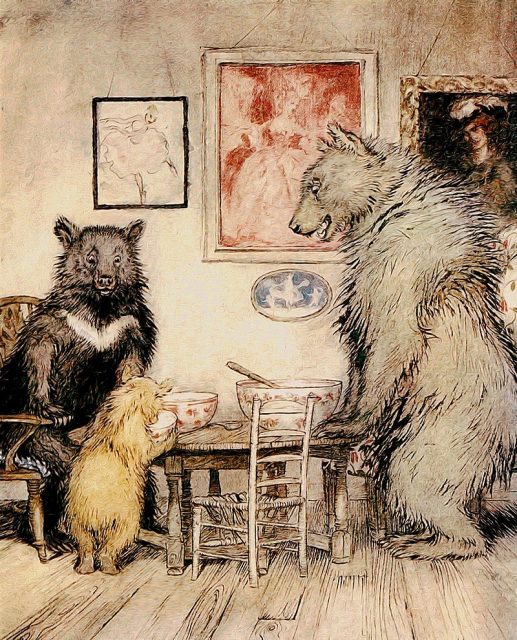
This same occurrence is seen in the Slavic branch of languages as well. In Russian, the creature is referred to as Medved. Med means “honey” and ed comes from the verb “to eat,” denoting a bear as a honey eater. It’s curious that the Russian word conjures up such a non-violent image of the animal (picture Winnie the Pooh), making the taboo nature of Medved even more inexplicable.

Whatever the reason for our linguistic ancestors avoiding the actual word denoting a bear, we can’t fault them for the euphemisms they employed. “The brown one” and “honey eater” certainly are logical explications of members of the Ursidae family.
Read another story from us: American Slang Words we Never Knew Came From the Irish
It’s also probably too late the adopt the Greek or Latin words, as arctic has taken on a whole wintry world of meaning, playing the roles of adjective and noun, and ursa is forever associated with the constellation.
